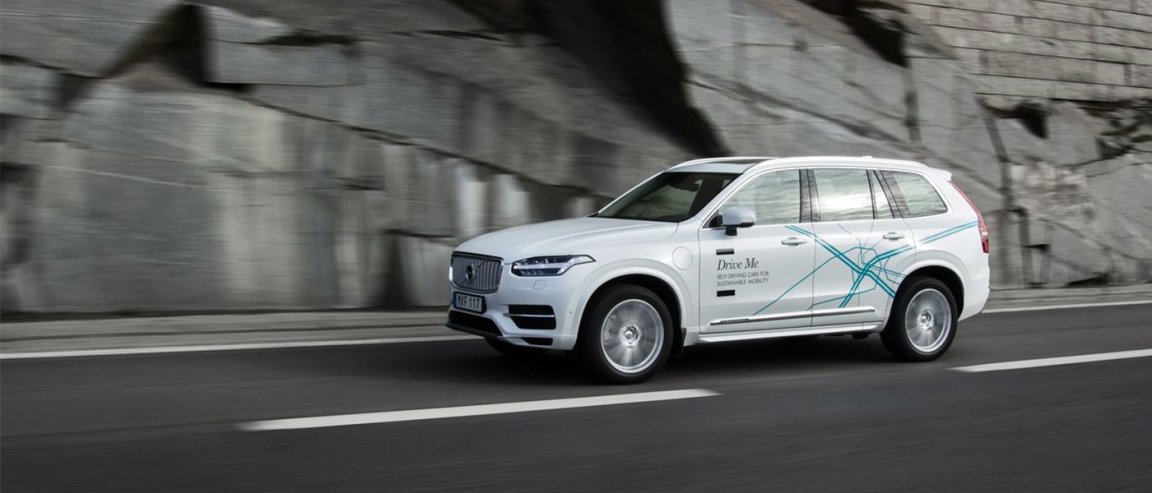
Public Testing
Swedish automotive company Volvo has just announced that they will be sending a fleet of 100 self-driving cars to China to test how well their technology can handle itself on public roads and across various driving conditions.

The company—which was acquired in 2010 by the Chinese automaker Geely—is slated to sit down with Chinese officials to determine which cities will be able to accommodate autonomous cars and discuss regulations and infrastructure.
They’re also calling on governments around the world to respond more efficiently to the evolving nature of travel and the automotive industry, given the rise of self-driving technology.
“There are multiple benefits to [autonomous driving] cars,” CEO Håkan Samuelsson said. “That is why governments need to put in place the legislation to allow AD cars onto the streets as soon as possible. The car industry cannot do it all by itself. We need governmental help.”

China Leads
With their move to begin testing their latest autonomous vehicles in China, the implication is clear that Asian countries have adopted a more forward thinking attitude in terms of creating regulations and opportunities for the technology to achieve mass consumer adoption. Recently, Singapore has also announced that they will be deploying level 4 autonomous cars to become the world’s first self-driving taxi service this year.
So far, the U.S. has lagged behind Asia in crafting the necessary legislation and regulatory environment to speed along the widespread adoption of driverless technology. Perhaps a healthy sense of competition with the rapidly evolving Asian economies will spur a serious rethink.
Volvo, meanwhile, is still also putting a lot of focus into the safety of their vehicles, anchored on self-driving technology. They believe that self-driving cars will be key to ensuring that no one is injured or killed in Volvos by 2020.
